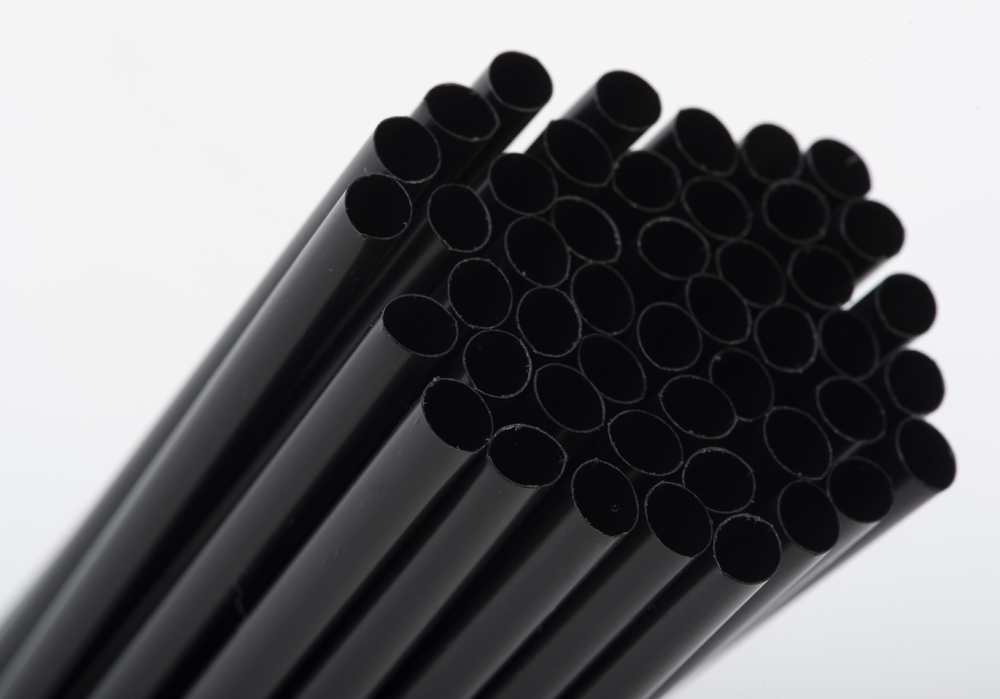The controversy surrounding the use of plastic bags has been ongoing for several years due to their harmful impact on the planet. However, as people become more informed about the damage caused by plastic waste, there is a growing movement towards greener alternatives. One of these alternatives is the increasing popularity of compostable bags.
Compostable bags are made from biodegradable waste or any other natural material that disintegrates in a composting environment. Unlike traditional plastic bags, they do not linger for centuries and do not pose a risk to wildlife and ocean life.
Adopting compostable plastic bags represents a promising solution to the issue of plastic waste and a step towards a more sustainable future. Furthermore, they promote environmental health, provide a convenient way for people to reduce their carbon footprint, and contribute to the fight against climate change.
How Compostable Plastic Bags Are Made
Compostable plastic bags are produced using biodegradable and natural components that decompose naturally in a compost setting. Here’s a quick overview of how they are made.
-
Raw materials
Compostable plastic bags are created using raw materials derived from renewable and sustainable resources, such as corn starch, sugarcane and potato starch. These materials, which come from plants, ensure that the production process is eco-friendly.
-
Extraction and processing
The process starts with harvesting raw materials and extracting starch from them. This starch is then transformed into a biopolymer, a type of high-molecular-weight polymer. The biopolymer serves as the main component for compostable plastic bags.
-
Manufacturing
The desired shape, such as a bag, is achieved by melting the biopolymer and moulding it. To enhance the characteristics of the result, additional substances like colourants or stabilisers may be incorporated into the mixture during the shaping process.
-
Testing and certification
The manufacturing process of compostable bags undergoes rigorous tests to guarantee they conform to the biodegradability and compostability standards in the industry. These tests examine the degradation speed, disintegration and biodegradation processes. Only bags that pass these tests receive certification as compostable.
-
Distribution and use
Compostable plastic bags are readily available for various purposes, such as wrapping food, carrying groceries and collecting waste. When disposed of in a composting environment, these bags disintegrate into harmless substances without leaving any harmful residue.
What Does ‘Compostable’ Really Mean?
A product labelled ‘compostable’ can decompose into natural elements within a specified time frame through the actions of microorganisms like bacteria and fungi in a composting environment like a compost facility. This results in transforming the organic matter into compost, which leaves no harmful residue behind.
So, are compostable plastic bags really compostable? Firstly, it’s important to note that ‘compostable’ and ‘biodegradable’ are not interchangeable. Biodegradable plastic bags only break down into smaller plastic particles that can persist in the environment for extended periods instead of completely breaking down into compost.
To ensure that plastic bags are truly compostable, they must adhere to certain standards set by organisations, such as the Biodegradable Products Institute (BPI) and the ASTM International standard D6400. These standards guarantee that compostable plastic bags will disintegrate in a composting facility within a defined time frame and not leave any dangerous byproducts.
The Great Compostable Plastic Bag Experiment
Everyone wants an answer to the question, ‘are plastic bags really compostable?’
Hence, the Great Compostable Plastic Bag Experiment aimed to assess the potential of compostable bags as a more eco-friendly alternative to regular plastic bags. This study was conducted across several cities worldwide and gathered data on the biodegradability, strength and customer behaviour of compostable plastic bags.
The findings indicated that compostable plastic bags could break down into natural elements like water, carbon dioxide and biomass within a specific period. Moreover, they were sturdy enough to carry groceries and other items, just like traditional plastic bags.
However, a major issue encountered during the experiment was the consumers’ need for more awareness of the correct disposal of compostable plastic bags. Many participants unknowingly threw them in regular trash or recycling bins, leading to improper decomposition. This emphasises the significance of educating consumers on the appropriate use and disposal of compostable plastic bags.
Compostable Bags: The Battle for the Future
Using plastic bags has been a contentious issue for a long time. Whilst plastic bags offer ease in carrying groceries and other items, they also significantly contribute to environmental degradation and harm wildlife and ecosystems. Compostable plastic bags have emerged as a potential solution to tackle this problem. However, the future of compostable bags remains uncertain.
The compostable plastic bag sector is still in its early stages and faces numerous obstacles. The foremost challenge is ensuring that these bags are properly composted after use, as many currently end up in landfills without the right conditions for biodegradation. This leads to a prolonged breakdown process and potential environmental harm.
Despite these challenges, the fight for the future continues. With increasing awareness about the harmful effects of traditional plastic bags, companies and governments are starting to invest in compostable bag technology. Therefore, in the coming years, we can expect growth in the compostable plastic bag industry and more investments in research and development.
Bonnie Bio: Sustainable Compostable Packaging in Australia
So, are compostable plastic bags really compostable? To sum up, compostable plastic bags offer a more eco-friendly option than conventional plastic bags. Nevertheless, it’s crucial to understand that these bags only decompose under specific circumstances, such as in industrial composting centres. Their effect on the environment could still be substantial if not properly discarded.
At Bonnie Bio, we are coming up with good-quality, affordable and environmentally friendly products. As a top player in the field, we have a vast selection of compostable items that are a better choice than traditional plastic products. So whether you need garbage bags, drinking straws, gloves, cutlery or anything else, we have an extensive line of products for personal and commercial use.
Contact us here for more information.

